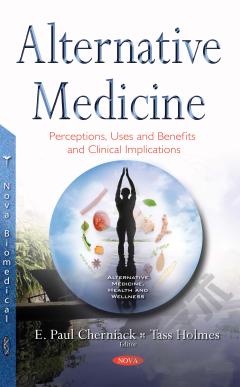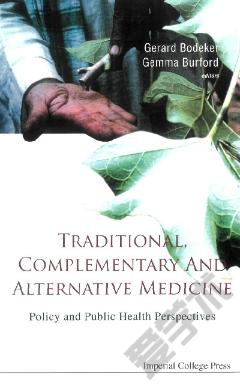Alternative Medicine: Practices, Health Benefits and Controversies
Complementary and alternative are terms used to describe a number of products, practices, and systems that are not part of mainstream (conventional, standard, or Western) medicine. They can include methods like herbs and dietary supplements, body movement, spiritual approaches, pills, extracts, creams and ointments. In this book, the authors present research from across the globe in the study of some practices, health benefits and controversies associated with alternative medicine. Topics include reflexology therapy as a form of manual pressure applied mostly to the feet; alternative therapies for children with attention-deficit/hyperactivity disorder; alternative medicine combined with integrative medicine to treat chronically ill patients; and complementary medicine use in pediatric inflammatory bowel disease, cancer, and epilepsy.
{{comment.content}}








 京公网安备 11010802027623号
京公网安备 11010802027623号